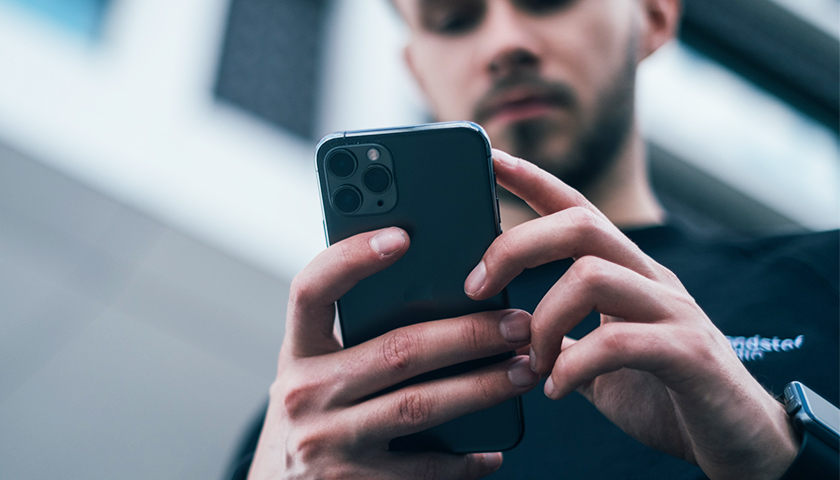by Ailan Evans
Only a small minority of Americans say they trust the government to keep their online personal information safe, according to a new poll.
Just 23% of Americans say they are very or somewhat satisfied with the federal government’s efforts to keep their online data secure, according to the results of a poll released Thursday by the Associated Press-NORC Center for Public Affairs Research and MeriTalk. Almost 4 in 10 Americans say they are dissatisfied with the government’s efforts.
Moreover, just 15% of Americans trust the federal government to do what is right all or most of the time, and a mere 9% say the government is effective at earning the American people’s trust.
 Only 30% believe information about their social media activity is at least somewhat secure, while about half of Americans say their private text conversations are “not at all or not very” secure. Of respondents polled 63% believe information about their physical location is not very or not at all secure.
Only 30% believe information about their social media activity is at least somewhat secure, while about half of Americans say their private text conversations are “not at all or not very” secure. Of respondents polled 63% believe information about their physical location is not very or not at all secure.
“I feel there is little to no security whatsoever,” Sarah Blick, a medieval art history professor at Kenyon College and victim of identity theft, told the AP.
Despite the lack of trust in the government’s current privacy and data security efforts, a majority of Americans say they support the federal government taking measures to protect individuals’ personal information. Almost 3 in 4 back national data collection and processing standards, while 71% say data privacy should be considered a national security issue.
Republican Sens. Roger Wicker and Marsha Blackburn introduced federal data privacy legislation in July that would regulate how companies process personal information, while President Joe Biden has announced several initiatives aimed at improving cybersecurity standards for public and private systems.
The results of the poll come following several large hacks and data breaches, most notably the Colonial Pipeline attack in May and the Chinese-sponsored hack of the Microsoft Exchange email service in March.
The poll was conducted from June 24-28 and used a sample of 1,004 respondents. The margin of sampling error is 4.3%.
– – –
Ailan Evans is a reporter at Daily Caller News Foundation.





